Global health continues to be impacted by the rise in obesity and concomitant poor dietary quality leading to increased risk of suboptimal nutrition status, ill-health and chronic disease. By offering more nutritious food and beverage options, we seek to make a positive impact on the future of food around the world while ensuring local tastes and preferences are considered.
In alignment with global dietary guidelines and a healthy sustainable diet, we strive to deliver nutritional benefits through the provision of food groups to encourage (beans/peas/lentils, whole grains, fruits & vegetables, nuts & seeds, and low fat/fat free dairy) and more plant-based sources of protein. We additionally support the importance of maintaining good hydration through our growing portfolio of no and low calorie soft drinks and waters.
Development of PepsiCo’s Nutrition Criteria
As part of PepsiCo’s transformation journey, the PepsiCo Nutrition Criteria (PNC) were developed, as a set of science-based nutrition guidelines that serve as a compass to assist PepsiCo’s portfolio transformation. The PNC are based on food and nutrient recommendations from leading global and national nutrition authorities, including the World Health Organization (WHO), Pan American Health Organization (PAHO), the U.S. Department of Agriculture (USDA), the National Academy of Medicine and dietary guidelines from numerous countries.
The PNC are a set of food and beverage category specific nutrition criteria that are based on the latest science and country-specific dietary guidelines. The criteria aim to address nutrient density by setting maximums for nutrients to limit and minimums for positive nutritional attributes.

Nutrients that have been well-established as dietary factors that can contribute to the risk of specific diseases when consumed in excess. They include:
- Saturated Fats
- Trans Fats
- Sodium
- Added Sugars

Food groups that have been well-established as contributing to healthier diets. They include:
- Fruit
- Vegetables
- Whole Grains
- Low Fat Dairy
- Nuts
- Seeds
- Beans, Peas & Lentils
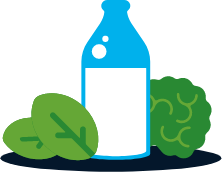
Nutrients that have been identified as being commonly under-consumed in a population. They are often called “shortfall nutrients”. They may include:
- Iron
- Fiber
- Specific Vitamins and/or Minerals such as Calcium
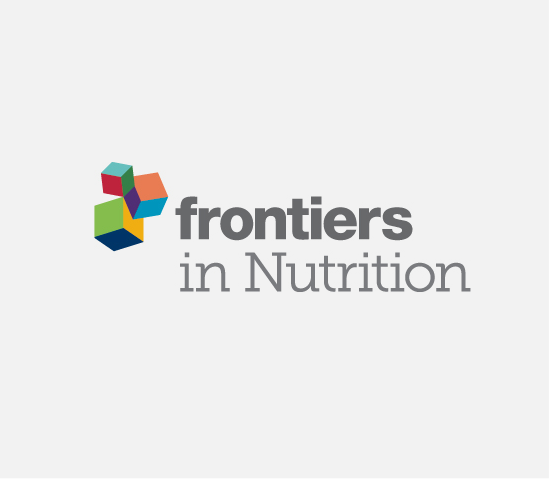
To inspire Positive Choices, a key pillar of our pep+ transformation, PepsiCo Health and Nutrition Sciences published PepsiCo’s Nutrition Criteria.

Reformulation and Innovation Efforts
Reformulation and Innovation Efforts
PepsiCo’s transformation journey is not easy or fast: we are working hard despite technical challenges to introduce new products that contain nutritious ingredients such as fruit, vegetables, whole grains, legumes, nuts and seeds.
We seek to improve nutrient density in-line with consumer demand and provide more choice through innovation and reformulation.
We seek to improve nutrient density in-line with consumer demand and provide more choice through innovation and reformulation.
Healthier
Products
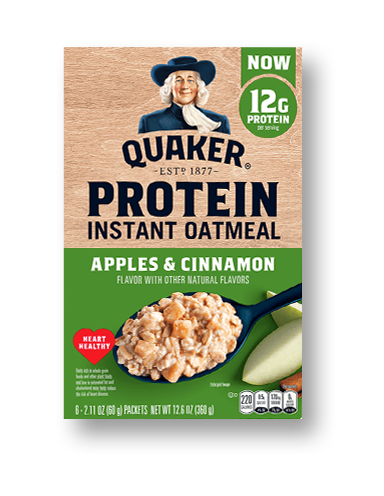
Before Reform:
10g protein per serving, 0.95mg/kcal sodium
After Reform:
12g protein per serving, 0.75mg/kcal sodium
Simple
Labels
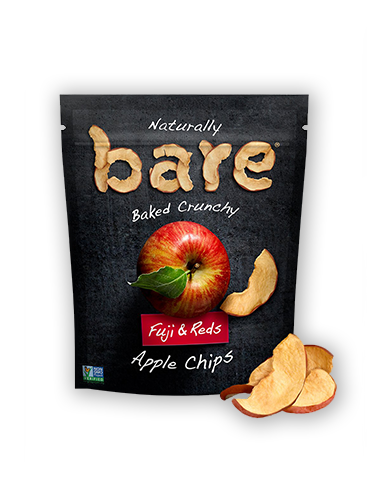
Ingredients:
Apples
Recognizable
Ingredients
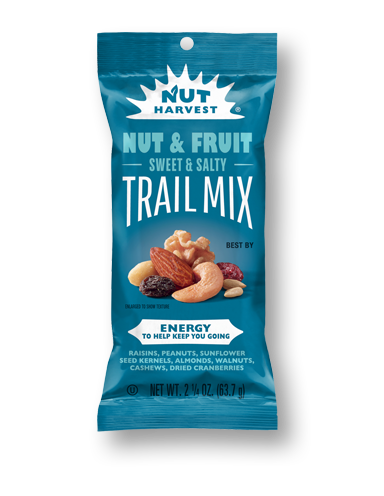
Ingredients: Raisins, peanuts, sunflower seed kernels, almonds, walnuts, cashews, dried cranberries, sugar, vegetable oil (cottonseed, sunflower, peanut, and/or soybean oil), and sea salt
Convenient Products
With Positive Nutrition
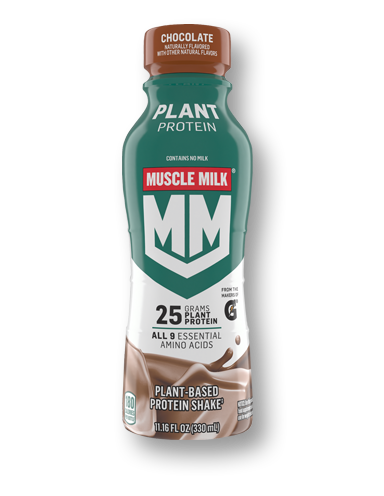
Contains 30g plant protein, all 9 essential amino acids, and is an excellent source of vitamin B12


